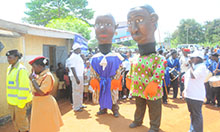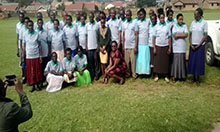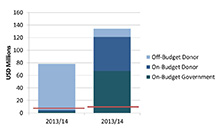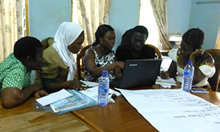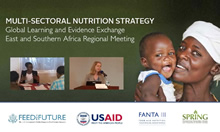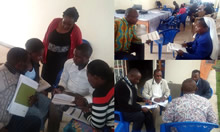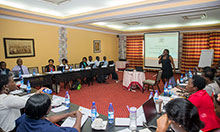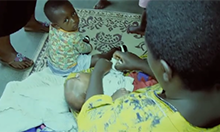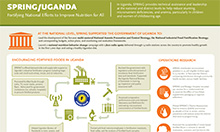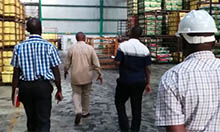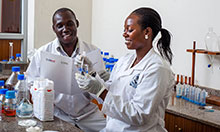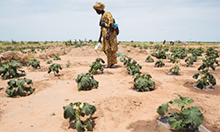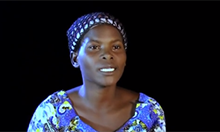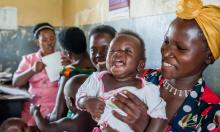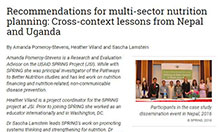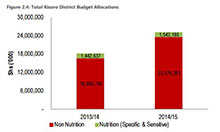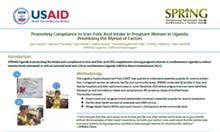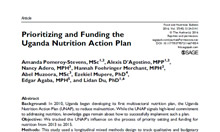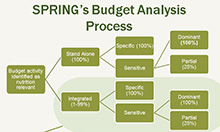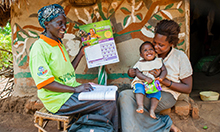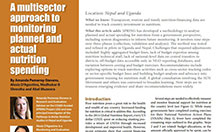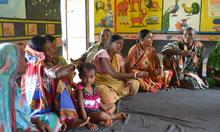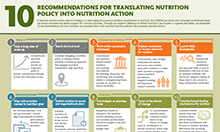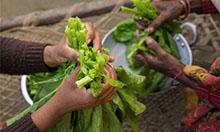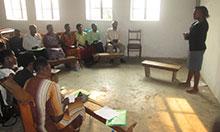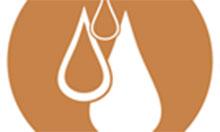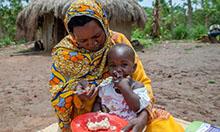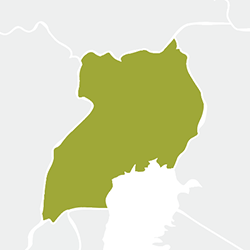 Recently, SPRING/Uganda shifted the scope of its program to focus on key national level activities that contribute to the reduction of stunting and anemia. SPRING/Uganda directly supports and implements activities and policies related to large-scale food fortification to address stunting and micronutrient deficiencies, anemia reduction through multi-sectoral coordination, the introduction of a micronutrient powder (MNP) program in Namutumba District, and national level social and behavior change communication for nutrition.
Recently, SPRING/Uganda shifted the scope of its program to focus on key national level activities that contribute to the reduction of stunting and anemia. SPRING/Uganda directly supports and implements activities and policies related to large-scale food fortification to address stunting and micronutrient deficiencies, anemia reduction through multi-sectoral coordination, the introduction of a micronutrient powder (MNP) program in Namutumba District, and national level social and behavior change communication for nutrition.
Previously, in addition to supporting national-level activities, SPRING delivered nutrition services that improved the nutritional status of mothers and children in the Southwest and East Central regions of Uganda. SPRING/Uganda’s district-level work spanned 61 health facilities in 10 districts and focused on building the capacity of health facility staff and helped these facilities apply the NACS approach to integrate treatment for malnutrition and preventive services.
SPRING’s main partners in Uganda include the Ministry of Health, the Office of the Prime Minister, Uganda National Bureau of Standards, Community Connector, FANTA, World Food Program, and UNICEF. SPRING/Uganda is also a key partner in the Partnership for HIV-Free Survival, which aims to accelerate the implementation of national guidelines for the elimination of mother-to-child transmission of HIV and infant feeding in the context of HIV.
